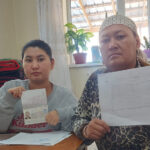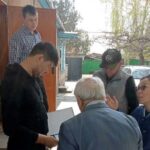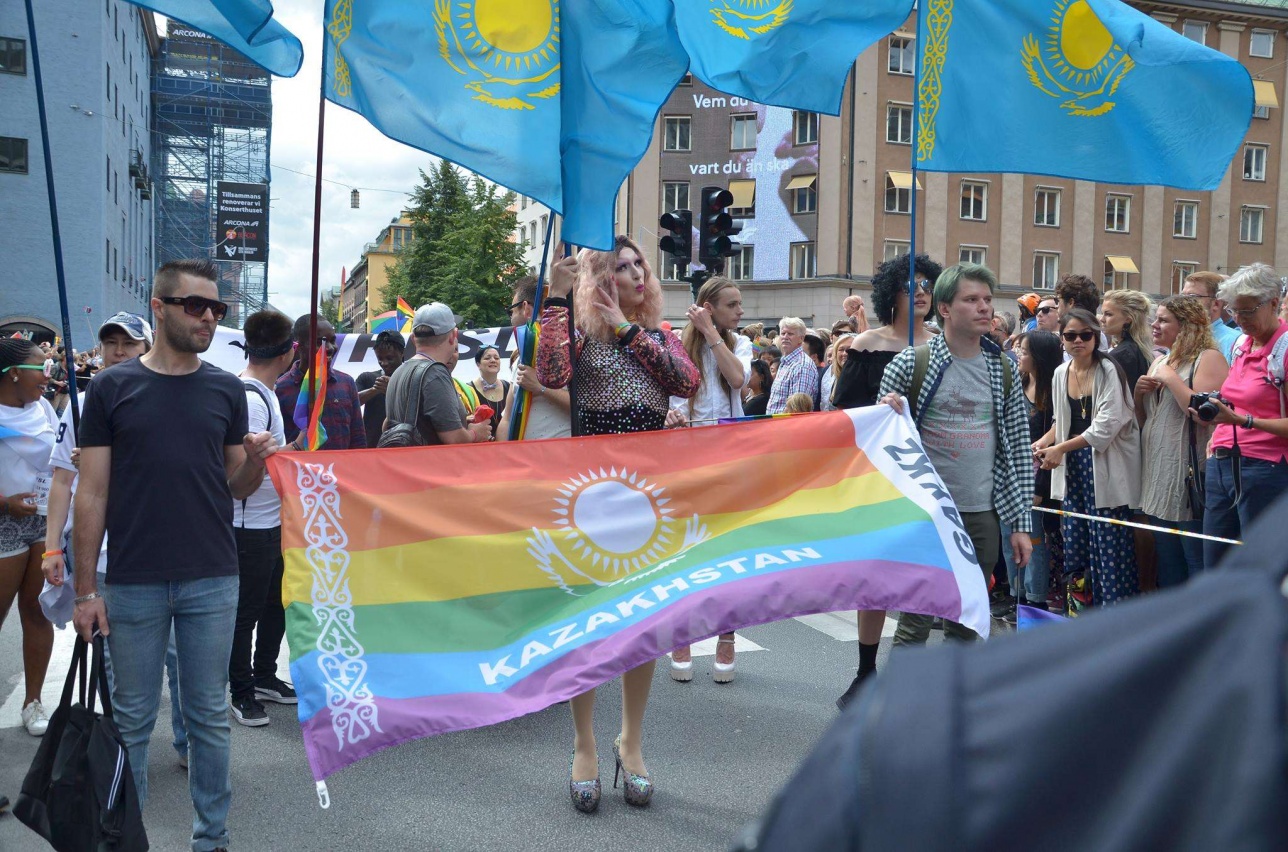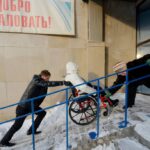International Partnership for Human Rights, the Netherlands Helsinki Committee and the Norwegian Helsinki Committee are concerned about the prison sentence handed down to Kazakhstani civil society activist Vadim Kuramshin. The circumstances of this case suggest that he is being punished for his efforts to attract attention to problems of torture and abuse of prisoners, including at a major OSCE human rights conference. The sentence comes at a time when a growing crackdown on free speech is being witnessed in
On 7 December the Zhambylsky regional court found Vadim Kuramshin guilty of extortion and sentenced him to 12 years in prison with confiscation of his property. The ruling was made two weeks after the criminal case against him was re-opened following an earlier jury acquittal. Kazakhstan International Bureau for Human Rights and Rule of Law, a leading Kazakhstani human rights NGO and a partner of our organizations, has deemed the sentence a politically motivated decision aimed at silencing Kuramshin.
Kuramshin was accused of allegedly requesting money from Kordaysky district assistant prosecutor Mukhtar Uderbayev in exchange for not spreading compromising information about him. On 28 August
After his release Kuramshin continued his earlier activities to expose prison brutality and defend the rights of prisoners. In late September-early October 2012, he attended the annual OSCE Human Dimension Implementation Meeting (HDIM) in
On 24 October, Kuramshin was summoned by a prosecutor in relation to his trip to
The new trial in Kuramshin’s case was characterized by violations of due process and fair trial standards. All petitions made by the defense were rejected and only a few witnesses were questioned, although one of the major reasons cited for the decision to hold a re-trial was that not all witnesses had been heard during the first trial. The verdict was handed down in the absence of Kuramshin’s lawyers, who had informed the court that they would not be able to be present on that day. Instead a state appointed lawyer was formally assigned to represent him at this hearing.
Two jurors who participated in the August trial against Kuramshin have published an open letter, protesting the cancellation of the previous verdict and emphasizing that they and the other jury members at the time grew convinced that Kurmashin was not guilty of extortion after carefully reviewing the case material. They point out that a secret recording of the conversation where Kuramshin allegedly extorted the district assistant prosecutor did not show the former making any threats or attempts at blackmailing, while handing over a flash drive he allegedly wanted money for without imposing any conditions. Given this, according to them, the jury decided to acquit Kuramshin of extortion in spite of “hints” made by the judge that it should make “the right decision.”
The ruling against Kuramshin is the last of a series of troubling developments with respect to freedom of expression in
International Partnership for Human Rights and the
Moreover, our organizations call on the OSCE leadership and participating states to convey their concerns about the case of Kuramshin, in particular given his participation in the HDIM shortly before the renewal of the legal process against him. Any steps taken by national authorities to harass or punish civil society members in any way in relation to their participation in human dimension activities are contrary to the OSCE’s basic principles and the commitments jointly undertaken by participating states. Most recently, in the Astana Commemorative Declaration adopted during
SOURCE:

















